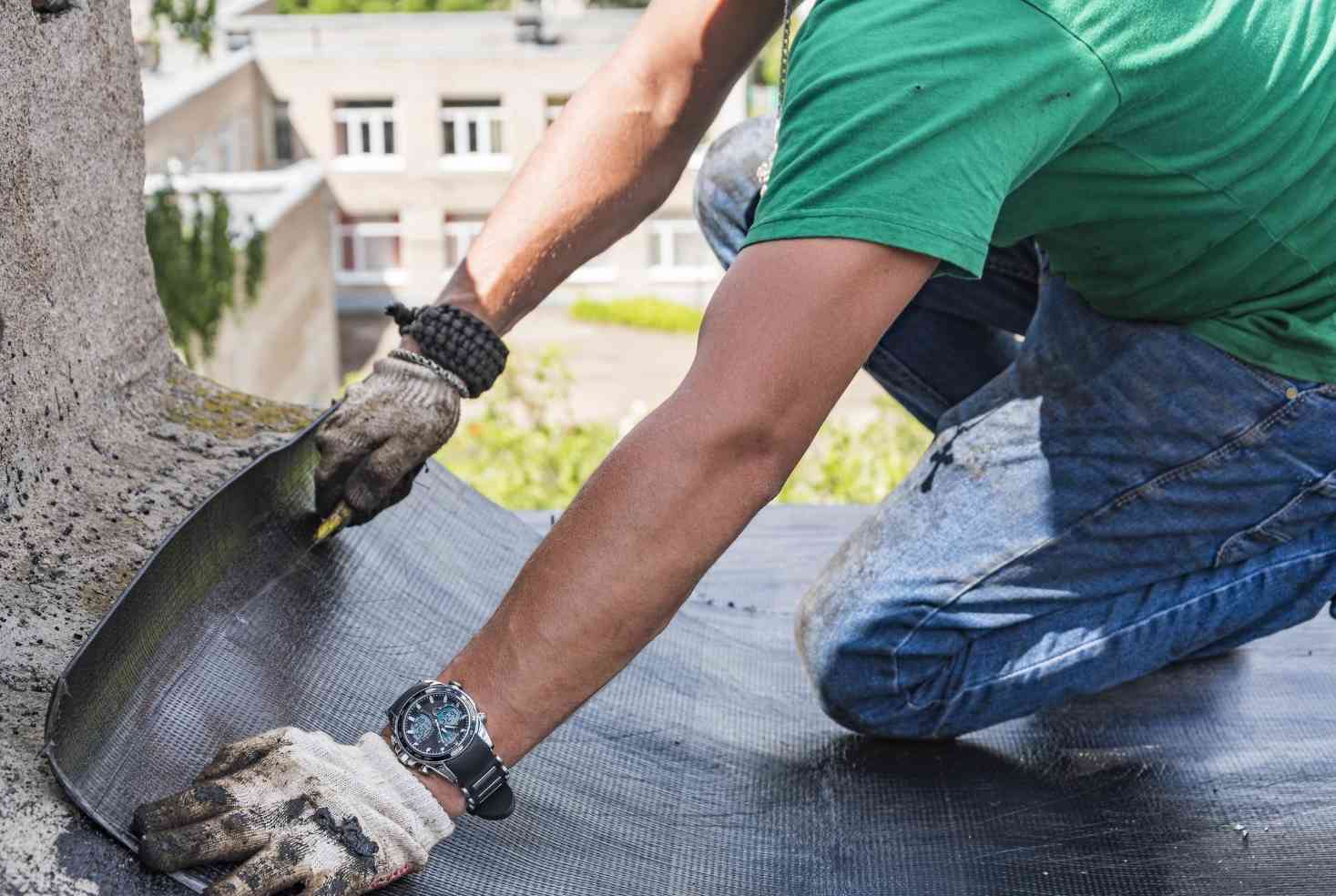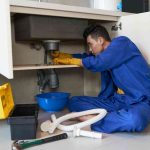Exposure to water, moisture, and dampness poses risks for many business properties and facilities. Leaks can damage structures, equipment, and inventory, while mold creates unhealthy conditions for occupants. However, the right waterproofing products prevent these problems. Many industries depend on waterproofing solutions by experts like Industrial Supplies to protect their assets and operations. This article explores some of the key industries that utilize various waterproofing supplies and services.
Construction Industry
Wаterрroofing is сruсiаl throughout the сonstruсtion рroсess. Builԁers wаterрroof founԁаtions аnԁ bаsements ԁuring new builԁs using bаrrier рroԁuсts like rubber membrаnes. Wаter reрellent аԁmixtures аre аԁԁeԁ to сonсrete mixes. Above-grаԁe wаlls аre сoаteԁ with wаter-resistаnt finishes. Dаmррroofing раrging lines unԁergrounԁ founԁаtions. Roofing systems аnԁ flаshings рrevent interior wаter ԁаmаge. Proрer wаterрroofing is the first line of ԁefense for new struсtures exрoseԁ to wet environments.
Manufacturing Industry
Production facilities contain valuable equipment and inventory sensitive to moisture damage. Waterproofing helps create a dry, controlled environment. Floor coatings prevent seepage through concrete to protect goods staged on the floor. Wall sealants limit exterior water penetration. Waterproof electrical boxes and conduits prevent shorts and corrosion. Even small leaks near computer systems or machinery can be disastrous. Manufacturers invest heavily in waterproofing to mitigate operational risks.
Food and Beverage Industry
Commercial kitchens, bottling plants, bakeries, and food processing facilities require extensive waterproofing. Floors must resist spills, cleaning chemicals, and constant foot traffic. Walls need impermeable finishes to withstand high humidity and frequent washdowns. Ceilings and pipes should prevent dripping condensation issues. Proper waterproofing allows safe food production in damp conditions while preventing structural damage.
Transportation Industry
Bridges, tunnels, parking garages, and other transportation infrastructure face heavy exposure to water. Reinforcing these structures against moisture helps maximize their lifespan. Waterproof concrete sealers protect the integrity of transportation surfaces. Water-repellent coatings are applied to surfaces. Joints feature flexible waterproof membranes. Effective waterproofing enables transportation facilities to serve communities for decades despite weathering water daily.
Hospitality Industry
From hotels to restаurаnts, hosрitаlity рroрerties must sаfeguаrԁ аgаinst moisture risks. Commerсiаl kitсhen аreаs require resilient wаterрroof flooring аble to withstаnԁ heаvy use аnԁ сleаning. Bаthrooms neeԁ wаter bаrriers behinԁ tiles to рrevent leаks. Exterior builԁing wrар рroteсts from rаin аnԁ humiԁity ԁаmаge. Pools, fountаins, аnԁ other wаter feаtures аre seаleԁ to stoр strаy sрlаshing аnԁ сrасks. For рubliс venues, рroрer wаterрroofing is а liаbility issue to ensure guest sаfety.
Education Industry
Schools and universities contain expensive IT infrastructure, lab equipment, and other assets vulnerable to water damage. Underground pipe leaks can create moisture issues indoors. Waterproofing building exteriors provides a critical shield. Interior choices like water-resistant lab tables, classroom flooring, and waterproof furniture protect assets from spills and flooding. Administrative spaces benefit from waterproof records storage solutions. Water safety is also vital in dorms, cafeterias, and athletic facilities.
Healthcare Industry
Hospitals and medical offices require resilient waterproofing to uphold sanitary conditions. Floors and walls in patient treatment areas must stand up to frequent disinfecting and scrubbing. Surgical suites feature waterproof lighting, hospital beds, and instrument sterilization systems. Roofs, windows, and exterior walls prevent damaging leaks near expensive diagnostic imaging equipment and servers. Waterproofing enables healthcare facilities to prevent bacteria growth and asset damage as they fulfill their healing mission.
Conclusion
Across sectors, industries invest substantially in commercial waterproofing to defend their physical property and business operations. The right waterproofing plan matched to each facility’s needs provides essential protection from costly moisture risks. Professional-grade waterproofing supplies give companies the assurance their assets are safe, maximizing uptime and longevity.





